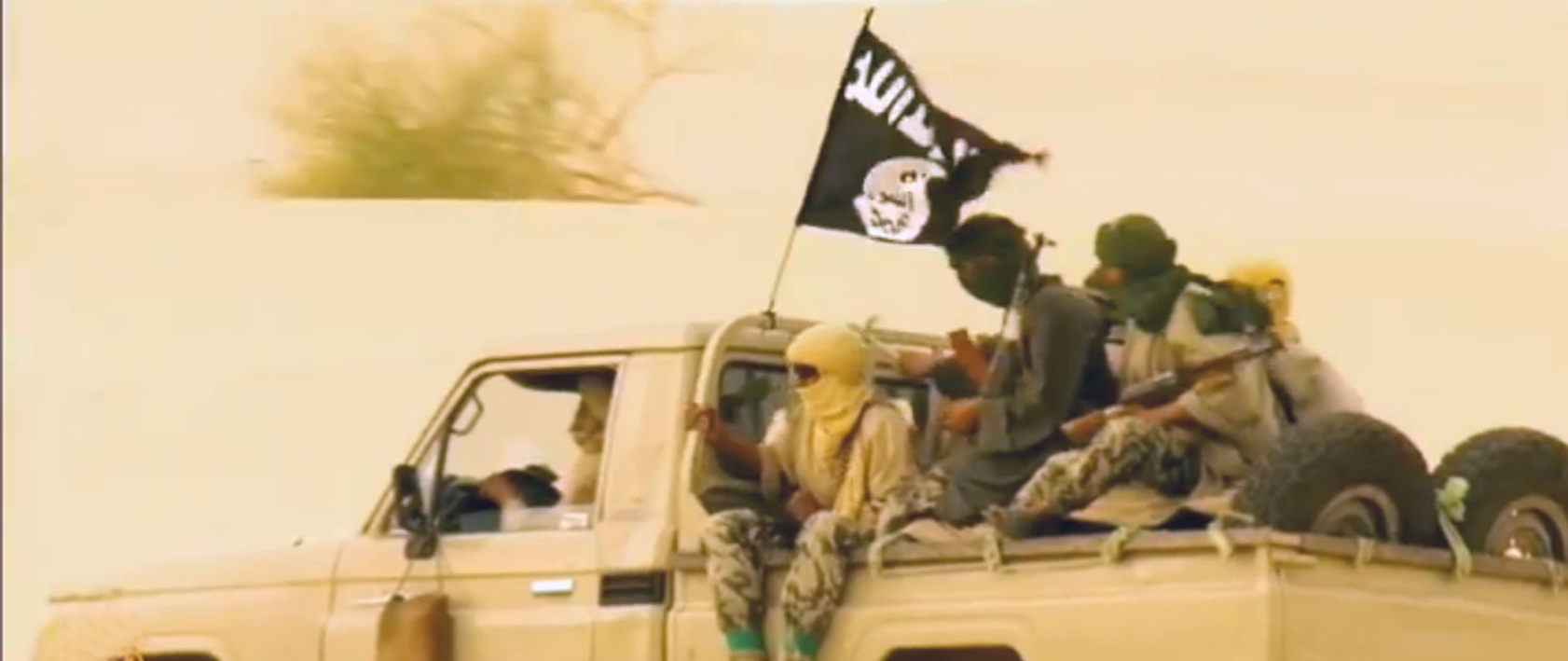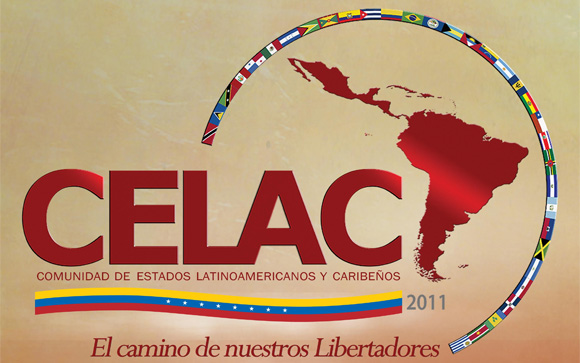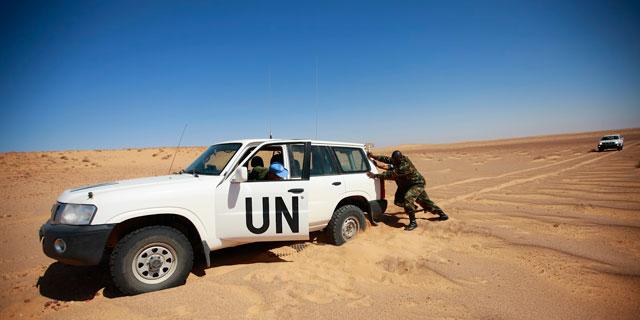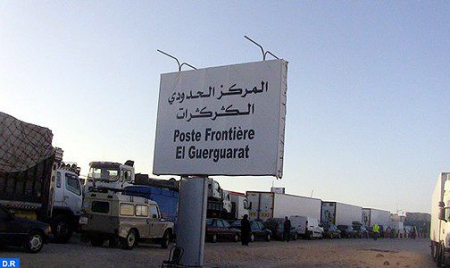 After its humiliating retreat from the Guerguarat passage on Morocco’s borders with Mauritania, the Polisario separatist movement threatened to bring the war into Moroccan lands by inciting its “dormant cells” to carry out attacks using the same language as terrorist groups like ISIS, Italian magazine Insideover said.
After its humiliating retreat from the Guerguarat passage on Morocco’s borders with Mauritania, the Polisario separatist movement threatened to bring the war into Moroccan lands by inciting its “dormant cells” to carry out attacks using the same language as terrorist groups like ISIS, Italian magazine Insideover said.
The Polisario has blocked the vital border crossing and proceeded to acts of banditry for three weeks, showing its real face of a gang that violates international agreements.
Morocco intervened on November 13 to open the road militarily yet according to strict rules of engagement that avoids civilians and restricts use of arms to self-defense. The passage was opened to traffic the same day.
The nexus between the Polisario and terrorist groups in the Sahel has been raised in numerous reports. Yet, this time, the leaders of the separatist groups have openly espoused ISIS and Al Qaida tactics by calling on its supporters to “blow themselves up amongst the enemy in order to kill a large number of victims,” said Mauro Indelicato, the author of the article on Insideover.
Such statements are akin to the communication strategy of ISIS and its attempts to intimidate the West by warning of suicide attacks.
Polisario has been for years using recruitment method typical of a terrorist organization by kidnaping children and indoctrinating them.
The camps of Tindouf where thousands are held against their will in abject living conditions have for years offered fertile ground for terrorist groups to recruit among the disenfranchised youth, the Italian magazine said.
“It is in these camps that AQIM has been recruiting,” it said, noting that the terrorist group is controlled by followers of Algeria’s Mokhtar Bel Mokhtar.
The representative of Al Qaida in the Sahara as well as the MUJAO terrorist group have links to the Polisario, said Mauro Indelicato, citing multiple intelligence reports.
The US offered in October 2019 a reward of 5 million dollars to catch a former Polisario member and ISIS leader in the Sahel.
Adnan Abou Walid al-Sahraoui, who is wanted by the US authorities with a generous price tag, is an ex-member of the Algeria-backed Polisario separatist front and current chief of ISIS in Great Sahara (ISIS-GS) that killed four Green Berets in a 2017 ambush in Niger.
In 2019, a group of US congressmen described the Polisario as a terrorist organization in light of its connivance with Iran and Hezbollah.
Morocco severed ties with Iran against the backdrop of Hezbollah’s actions in the Tindouf camps where it offered training to Polisario militias.
Polisario-terrorism nexus
Taking advantage of porous borders and Algeria’s failure to eliminate terrorism in its south, many terrorist groups lured Polisario youth to join their ranks notably after the chaos left by the fall of Libya’s Gaddafi.
In Libya in particular, where Polisario soldiers fought alongside Gaddafi during the 2011 revolution, the Sahraoui separatists could divert large quantities of weapons and resell them, via Mauritania, to terrorist groups swarming in the Sahel-Sahara region, according to an EU funded report by Project Safe.
“The availability and circulation of weapons on the black market in the region has proliferated significantly after the fall of the Gaddafi regime and the conflicts that followed in that country,” noted Project Safte in 2018, adding that the Polisario Front has benefited from this situation and now has a “surplus of armaments”.
The Wall Street Journal, in August 11, 2019, published an article pointing out at the risk posed by the continuation of the Sahara conflict in “creating new opportunities for Islamic State or al Qaeda to expand.”
The Polisairo adopted terrorism as a tactic targeting civilians both Moroccan and Spanish in mining sites. These attacks took place following the Green March, which marked the end of Spain’s occupation of the Sahara provinces. The completion of the security berm thwarted the hit-and-run tactics peculiar to Polisario’s guerrilla warfare.
The Canary Islands Association for Terrorism victims (Acavite) is suing the Polisario for crimes against humanity. It estimates that 300 people, mostly fishermen, were killed by the separatist militia and 50 others were injured, tortured, or kidnapped between 1970 and 1980.
On November 6, 2015, the Spanish Ministry of the Interior recognized the Canary Islands’ victims of the Polisario terrorism, in a ceremony held at the Canary Islands Government Delegation. Forty-nine victims were decorated, in an act of “memory, dignity, justice, and truth”.
In 2016, the Spanish Interior Ministry acknowledged the existence of 130 cases of victims of the Polisario. The Spanish Law grants these victims the same status as victims of terrorism.



